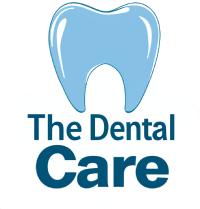Adjusting any surgical implant must be done very precisely, especially when it comes to Implant Dentistry Services. For instance, when a patient “tightens” or “clenches” their teeth, they can sink a few tenths of a millimeter into the bone thanks to the jaw’s periodontal ligature, whereas an implant remains fixed. It must rest in a way so that chewing forces do not cause any movement or pain.
Contraindications
Implantation techniques are not always possible. For instance, people with the below health issues should speak with a dentist to determine if they should seek Implant Dentistry Services or another form of surgery.
- Diabetes
- Immunosuppression
- Glomerulonephritis
- Recent myocardial infarction
- Osteoporosis with certain intravenous treatments
- Chemotherapy at the level of the area concerned (following a tumor)
- HIV positive
Then there are some things that may cause the patient to put off surgery until a later date. For instance:
- Smokers must stop smoking before the surgery, and it is suggested they never start back after the surgery is completed
- Pregnant women
- People who are taking anticoagulants
There are local relative contraindications to be aware of as well. The available bone volume of a patient may not be enough for surgery (this is sometimes compensated by bone grafts). Certain gum diseases should be treated beforehand, along with any dental infection in the vicinity. It is, therefore, important to inform the dentist beforehand about any medical condition.
Recovery
Typical recovery time after each permanent prosthesis about 5-7 days. Meanwhile, patients may experience some facial swelling, minor bleeding and bruising around the area. Pain can be relieved by medication.
Those who aggravate or have persistent symptoms should speak to the surgeon as soon as possible. People should consume soft foods only while they are recovering.
Risks
Some risks are possible with implant surgery. These may include an infection or injury to the surrounding area. Patients may rarely experience sinus problems or nerve damage.
Artificial teeth need care and maintenance, just like natural teeth, so that means each patient should practice good oral hygiene, including regular brushing and flossing, and scheduling routine dental exams. Contact Lewis Family Dentistry for more information. You can also connect them on Facebook.







